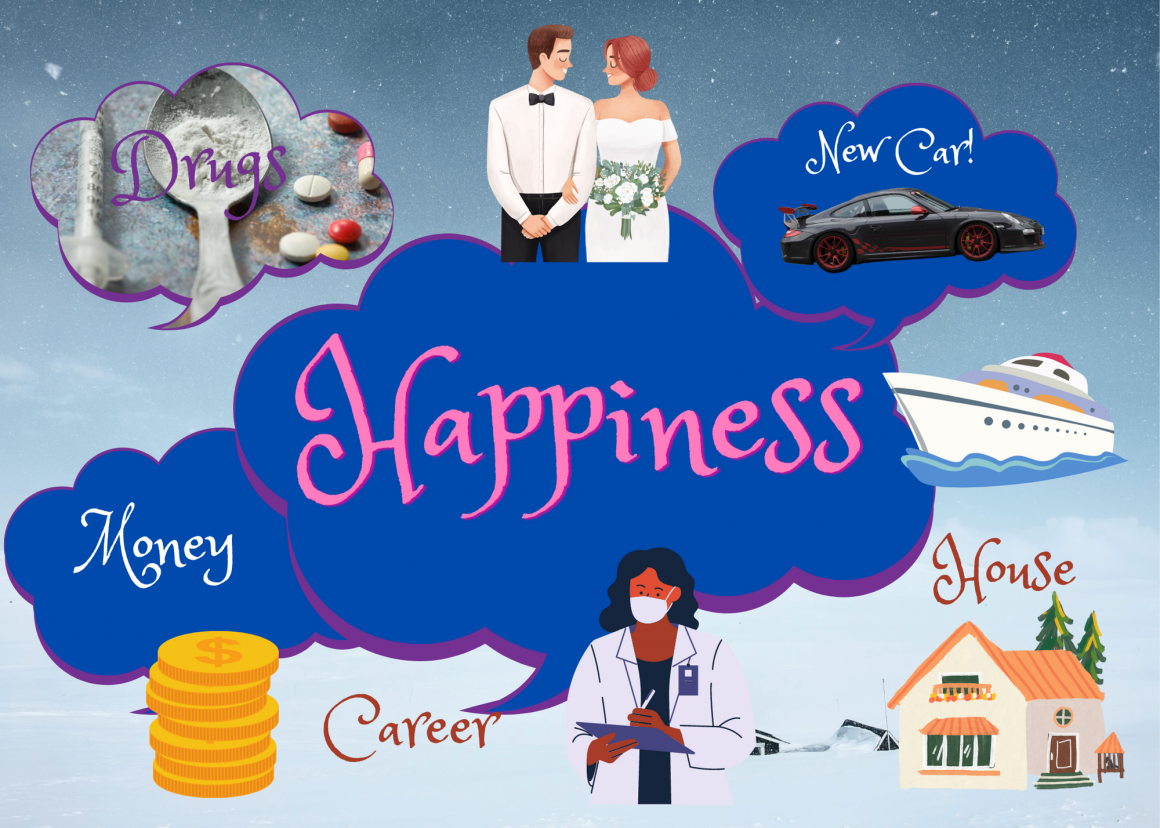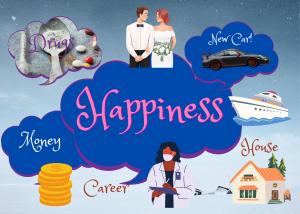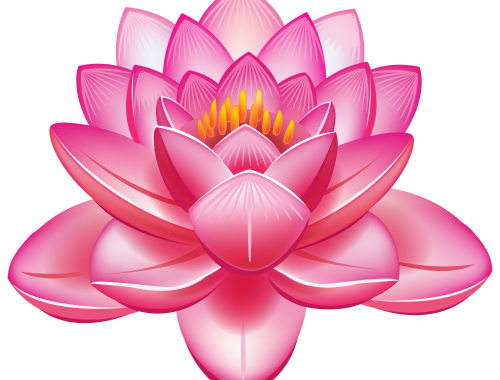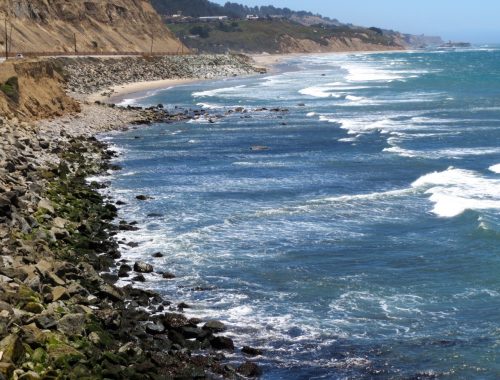
Happiness

Relative Happiness and Absolute Happiness
Second Soka Gakkai President Josei Toda taught that there are two types of happiness: relative and absolute. Relative happiness speaks of a condition in which one’s material desires or immediate personal wishes are satisfied. While there is no limit to what we can hope or wish for, there is a limit to what we can have materially and how long we can hold onto it.
For example, we may get something we want at this moment, but the fulfillment we enjoy from getting it will not last. Through effort and planning, we may develop and adjust our circumstances to our liking, thinking this is happiness. But should those circumstances change or disappear, so will our happiness. Such happiness is called relative because it exists only in relation to external factors.

In contrast, absolute happiness means that living itself is happiness; being alive is a joy, no matter where we are or what our circumstances. It is a life condition in which happiness wells forth from within. It is called absolute because it is not influenced by external conditions. Attaining Buddhahood means developing absolute happiness.

World Peace
You May Also Like

Three Meanings of Myo
January 21, 2021
The Mind Is Its Own Place
August 7, 2021
